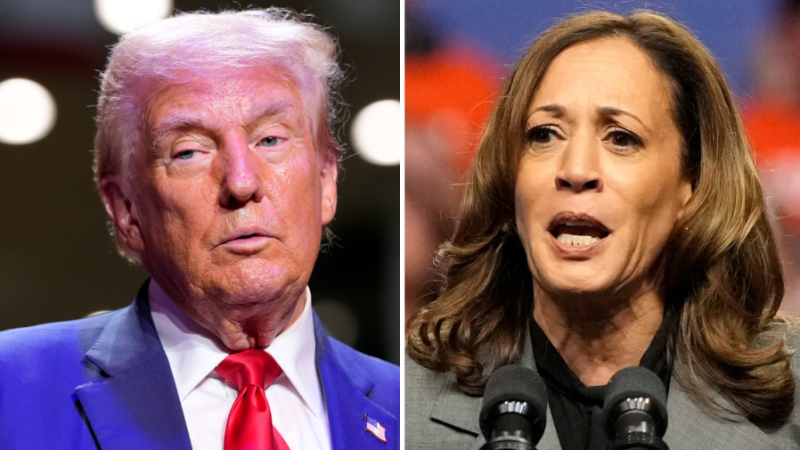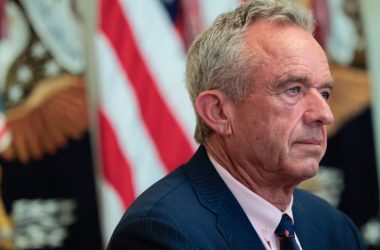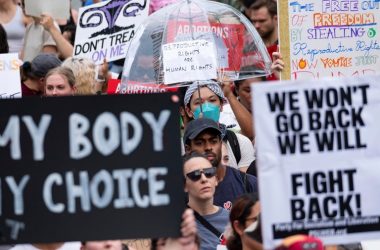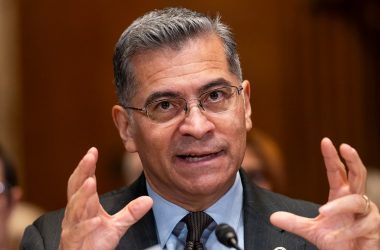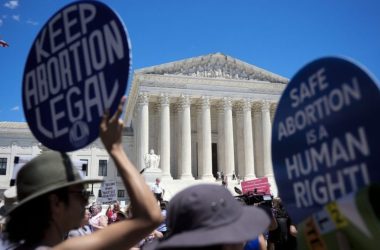Two-thirds of Americans say health care is not getting enough attention from both political parties in the presidential election, a new survey found.
According to the survey, conducted by Gallup and nonprofit West Health, 67 percent of respondents in both parties say health care is not receiving enough attention. Just 6 percent say it’s getting too much attention and 27 percent say health care is receiving the right amount.
Democrats and independents were more likely than Republican respondents to say health care is not receiving enough attention, though 53 percent of GOP voters say the candidates could focus on it more, the survey found.
Seventy-one percent of respondents who tuned in to last month’s debate between Vice President Harris and former President Trump said the candidates did not spend enough time talking about health care issues.
Independent voters are weary of both candidates’ stances on health care, Gallup noted. Independents slightly favored Harris on health care issues, like improving access to care, improving quality of care and lowering costs of prescriptions, but Trump trailed closely behind on many issues, the survey found.
According to the poll, 63 percent of Americans say a candidates’ position on protecting Medicare and Social Security is the single most important health care-related issue in the election, or among the most important ones. A candidate’s position on lowering health care costs follows close behind with 57 percent support.
Forty-three percent say a candidates’ policies related to mental health care access is among the most important health-related issues in the election.
Older voters tend to favor a candidates’ position on Medicare and Social Security while younger voters prioritize mental health and lower costs, the survey found.
It also found Democrats were more optimistic than their Republican and independent counterparts to say access to affordable health care will improve in the next 5 years, though no group was overwhelmingly optimistic that things will change.
The survey was conducted Sept. 9-16 among 3,660 adults and has a margin of error of 2 percentage points.

